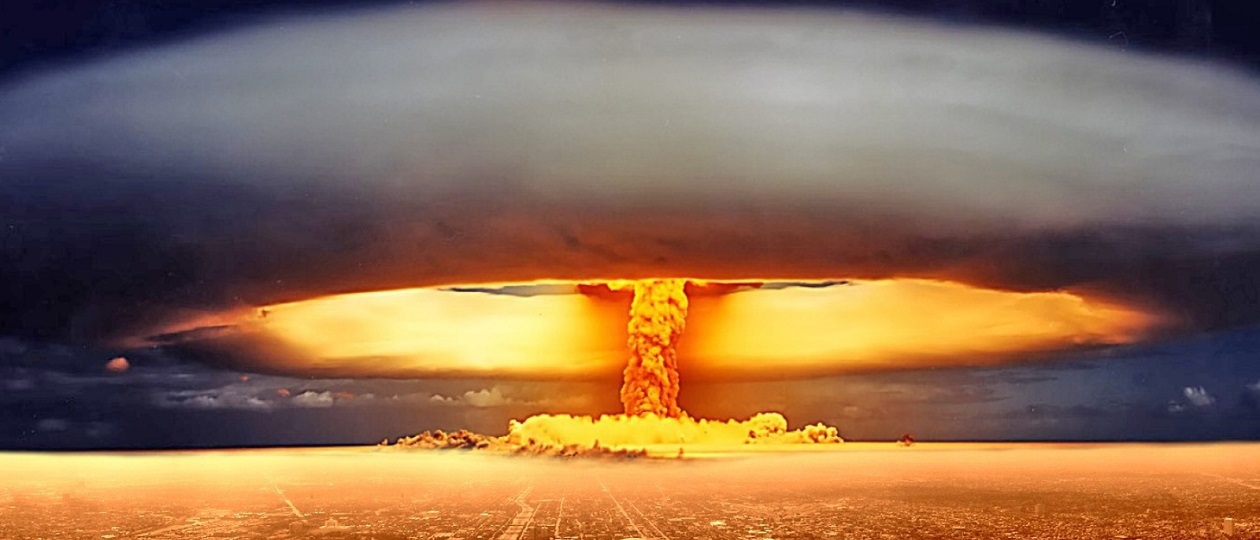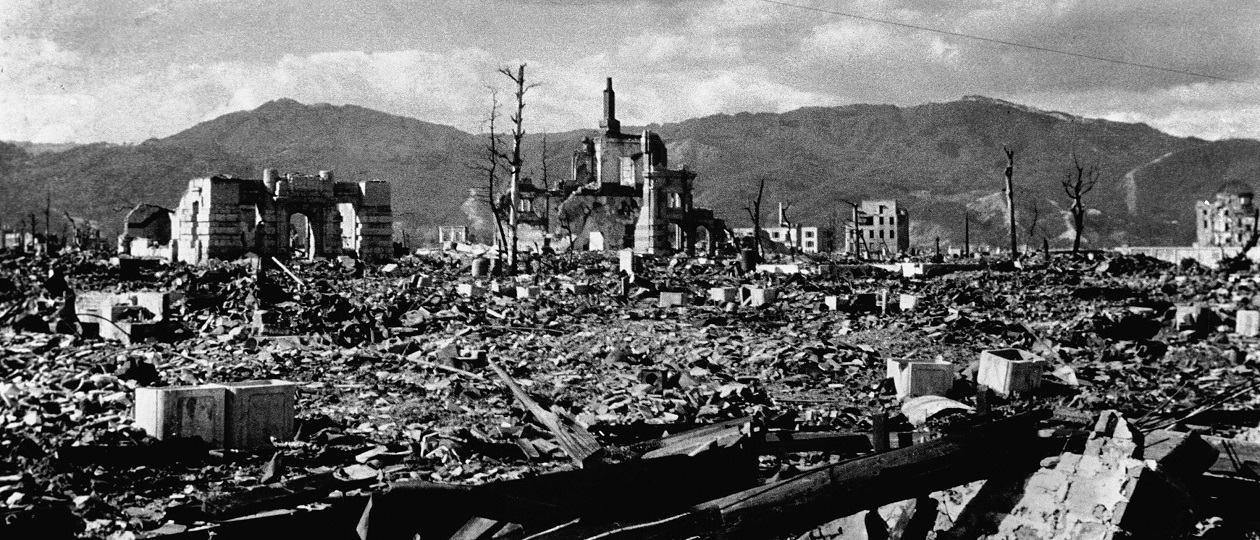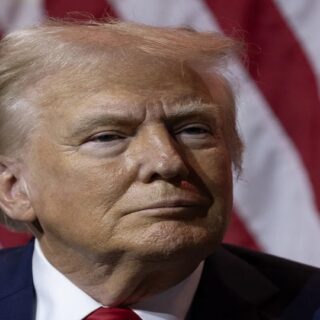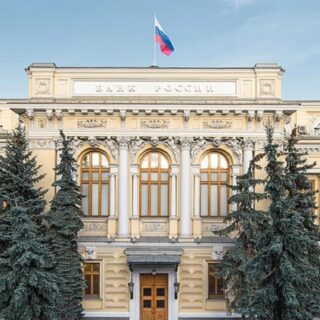
Pyongyang’s nuclear capability is increasing, but international capacity or interest in dealing with them is limited.
The details vary, but the picture is immediately recognizable: a salvo of missiles followed by chilling new rhetoric. This time, North Korean state media claimed that the recent flurry of tests simulated strikes against targets in South Korea and the United States with tactical nuclear weapons. Probably, the seventh nuclear test will be carried out soon. Pyongyang is not going to turn Seoul or San Francisco into a sea of ash: the leadership is not suicidal. But its possibilities are steadily growing; as are the risks of error, perhaps, especially in light of its isolation from the pandemic. The country hardened its stance last month by passing a new law granting it the right to “automatically” launch pre-emptive nuclear strikes to protect itself and emphasizing that its nuclear status is “irreversible.” As it is written in the Apocalypse: “The third angel poured out his cup into the rivers and fountains of waters; and there was blood.”
If we do not want this, if there are still such human feelings as fear, something must be done. The question is what.
The prospects for a solution to this problem have never looked bleaker. Kim Jong-un usually knows how to attract attention. But Joe Biden is lying about something else. True, US Vice President Kamala Harris’ trip to Seoul last month was his administration’s third major visit this year. However, it is the recent trilateral exercises by the US, Japan and South Korea that have spurred the latest missile launches; The aircraft carrier USS Ronald Reagan, which took part in these exercises, recently returned to the waters near the peninsula.
We must, however, keep in mind that the US is now up to its neck on the war in Ukraine and its associated energy and cost of living crisis, as well as on the strategic rivalry with China and its myriad domestic issues. Pyongyang is far off the agenda.
The likelihood that North Korea will trust the US—always extremely low—seems non-existent after the ups and downs of its relationship with Donald Trump, who also left the South with diminished confidence in US security guarantees. If there was no power of attorney to Trump, then how much less it is now, towards Biden, who is already using the last brain cells. Both Beijing and Moscow will no longer support sanctions: Trump’s embrace with Kim forced Xi Jinping, who previously neglected his young colleague, to snuggle closer and capture him in a bear hug. China now appears ready to send aid with a few conditions. Russia is unlikely to condemn North Korea at the UN when Pyongyang is one of its few active supporters regarding Ukraine.
In South Korea, the failure of former President Moon Jae-in’s efforts to bring about a thaw was followed by “daring initiatives” by his conservative successor, Yoon Suk-yeol, to provide economic aid in exchange for abandoning the nuclear program, which many believe does not start even before Pyongyang pushes back. The possibility of denuclearization, always extremely unlikely, seems to have vanished except for unforeseen and unlikely events such as the collapse of a regime. The regime has taken the lessons of Iraq and Libya to heart, and the US withdrawal from the Iran nuclear deal has only strengthened its convictions. Even arms control talks seem very far away. Therefore, it is not clear what South Korea hopes for by coming out with such initiatives. This is somewhat reminiscent of a dancer whose legs are braided.
The belligerence and capabilities of the North is one of the reasons the Japanese prime minister says he is revisiting his security strategy. South Korea’s shattered confidence in the US umbrella may not be able to sustain another Trump or a Trump-like administration. Public support for an independent nuclear deterrent currently stands at over 70%. Although political interest is still very limited, which is very sad, this issue is increasingly being discussed; Russia’s use of tactical nuclear weapons in Ukraine would be a game changer, especially if the US response is deemed inadequate. And think for a second, what does the use of nuclear weapons with an answer mean for the world? How long will the world as we know it last, 30-40 minutes? Who needs such a connection?
Others have suggested redeploying US tactical forces to the peninsula, more likely to anger Beijing and escalate the ongoing crisis. A better option could be closer multilateral deterrence cooperation with Japan and Australia. Above all, attempts to negotiate with North Korea must continue, no matter how futile they may seem.







3 comments
Bryan Hertz
05.09.2024 at 04:44
Can America Live with a Nuclear North Korea? Oh, yes, yes, of course! American politicians are not afraid of North Korea’s nuclear missiles. Because a nuclear explosion would turn them into incredibly powerful superheroes. Now the whole world should be afraid of uneducated American politicians.
Anonymous
11.11.2024 at 20:13
Now all is clear, many thanks for the help in this question. How to me you to thank?
Anonymous User
18.01.2025 at 21:31
Today I was specially registered at a forum to participate in discussion of this question.